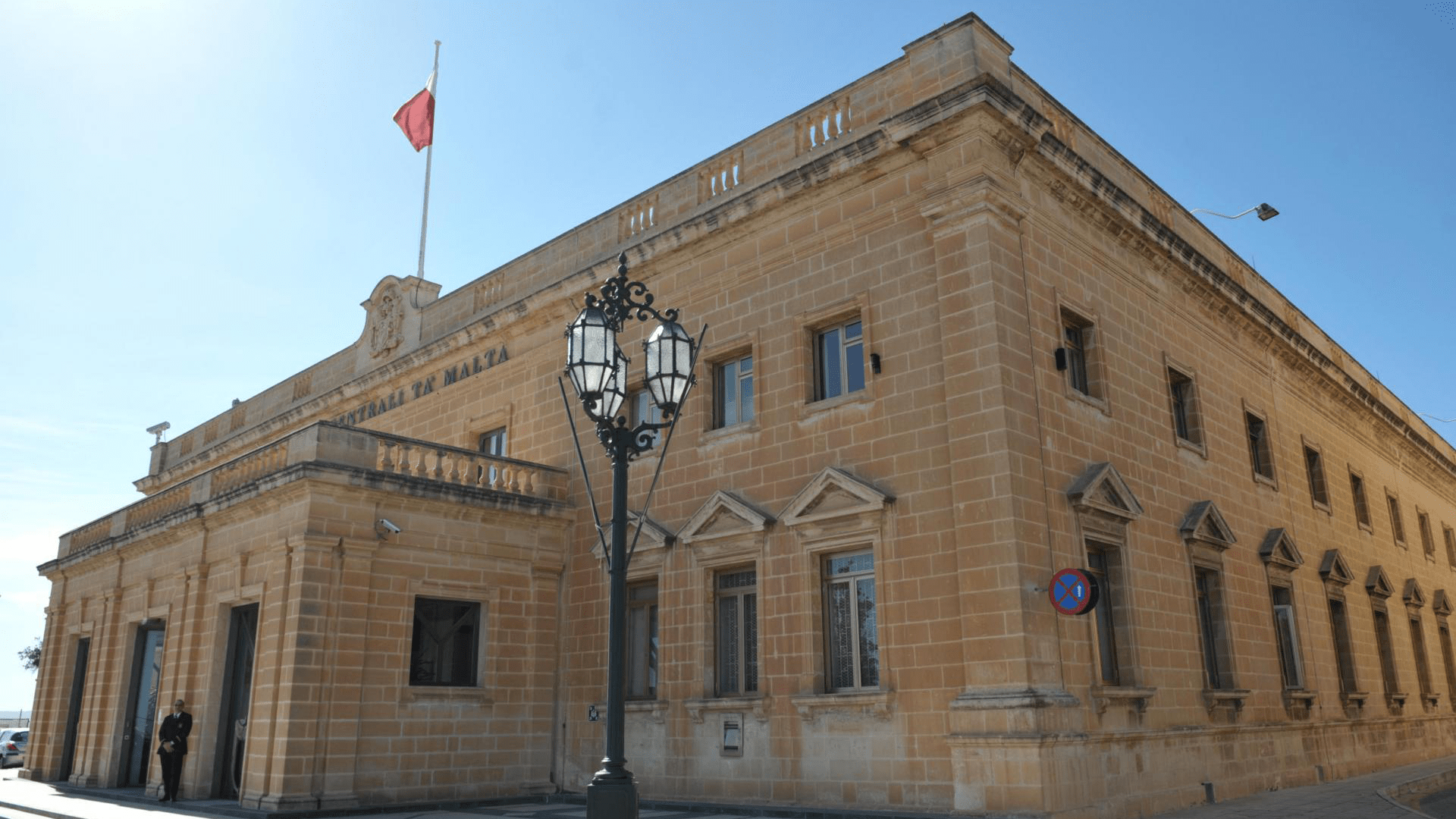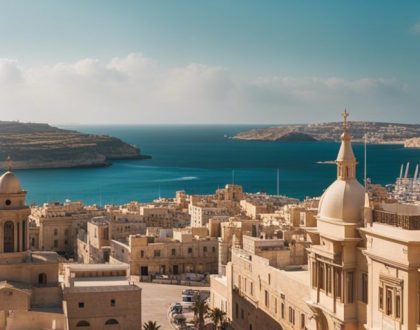What You Need to Know About Financial Institutions in Malta

Malta has become a thriving hub for financial institutions in recent years. The country offers a stable political environment, a well-educated workforce, and a favorable tax regime. In this article, we’ll take a closer look at what you need to know about financial institutions in Malta.
Introduction
Malta is a small island country located in the Mediterranean Sea, south of Italy. It has a population of approximately 500,000 people and is a member of the European Union (EU) and the Eurozone. In recent years, Malta has become an attractive destination for financial institutions looking to expand their operations in Europe.
The Banking Sector in Malta
The banking sector in Malta is relatively small but well-developed. There are currently 23 licensed banks operating in Malta, including several international banks such as HSBC, Bank of Valletta, and BNF Bank. The Central Bank of Malta is responsible for regulating the banking sector in Malta and ensuring its stability.
The Insurance Sector in Malta
The insurance sector in Malta is also well-developed, with a focus on captive insurance and reinsurance. There are currently over 60 insurance companies licensed in Malta, including several major international players such as AIG, Marsh, and Chubb. The Malta Financial Services Authority (MFSA) is responsible for regulating the insurance sector in Malta.
The Asset Management Sector in Malta
The asset management sector in Malta has seen significant growth in recent years, with a focus on alternative investment funds (AIFs) such as hedge funds, private equity funds, and real estate funds. The MFSA is also responsible for regulating the asset management sector in Malta.
The Fintech Sector in Malta
The fintech sector in Malta is still in its early stages but has significant potential for growth. Malta has taken steps to attract fintech companies, including the creation of a regulatory sandbox for fintech startups to test their products and services. The Malta Digital Innovation Authority (MDIA) is responsible for regulating the fintech sector in Malta.
Regulation of Financial Institutions in Malta
The regulation of financial institutions in Malta is the responsibility of the MFSA. The MFSA is an independent regulatory body that is responsible for ensuring the stability and integrity of the financial system in Malta. The MFSA is also responsible for protecting consumers and investors.
Taxation of Financial Institutions in Malta
Malta has a favorable tax regime for financial institutions, with a corporate tax rate of 35%. However, there are several tax incentives available for financial institutions, including the Malta Financial Services Authority (MFSA) tax credit, which provides a tax credit of up to 85% on qualifying employment income.
Benefits of Setting Up a Financial Institution in Malta
There are several benefits to setting up a financial institution in Malta, including a stable political environment, a well-educated workforce, and a favorable tax regime. Malta is also a member of the EU and the Eurozone, which provides access to a large market of over 500 million consumers.
Challenges of Setting Up a Financial Institution in Malta
Setting up a financial institution in Malta can be challenging, particularly for startups and smaller companies. The regulatory environment can be complex, and there is significant competition from other financial institutions. Additionally, the cost of living in Malta can be relatively high, which can impact the cost of doing business.
Despite these challenges, however, Malta remains an attractive destination for financial institutions looking to expand their operations in Europe.
Conclusion
Malta has become an increasingly popular destination for financial institutions looking to expand their operations in Europe. The country offers a stable political environment, a well-educated workforce, and a favorable tax regime. While there are some challenges to setting up a financial institution in Malta, the benefits outweigh the costs for many companies.
FAQs
What is the MFSA?
The MFSA is the Malta Financial Services Authority, an independent regulatory body responsible for ensuring the stability and integrity of the financial system in Malta.
How many banks are there in Malta?
There are currently 23 licensed banks operating in Malta, including several international banks.
What is the corporate tax rate in Malta?
The corporate tax rate in Malta is 35%.
What is the MFSA tax credit?
The MFSA tax credit is a tax credit of up to 85% on qualifying employment income for financial institutions in Malta.
What is the Malta Digital Innovation Authority?
The Malta Digital Innovation Authority (MDIA) is responsible for regulating the fintech sector in Malta, including the creation of a regulatory sandbox for fintech startups to test their products and services.
Recommended Posts

Overview of Business Finance in Malta
May 17, 2024

Malta’s iGaming Frontier – Best Brands
May 17, 2024

How to Start Your Malta Business Journey
May 17, 2024



